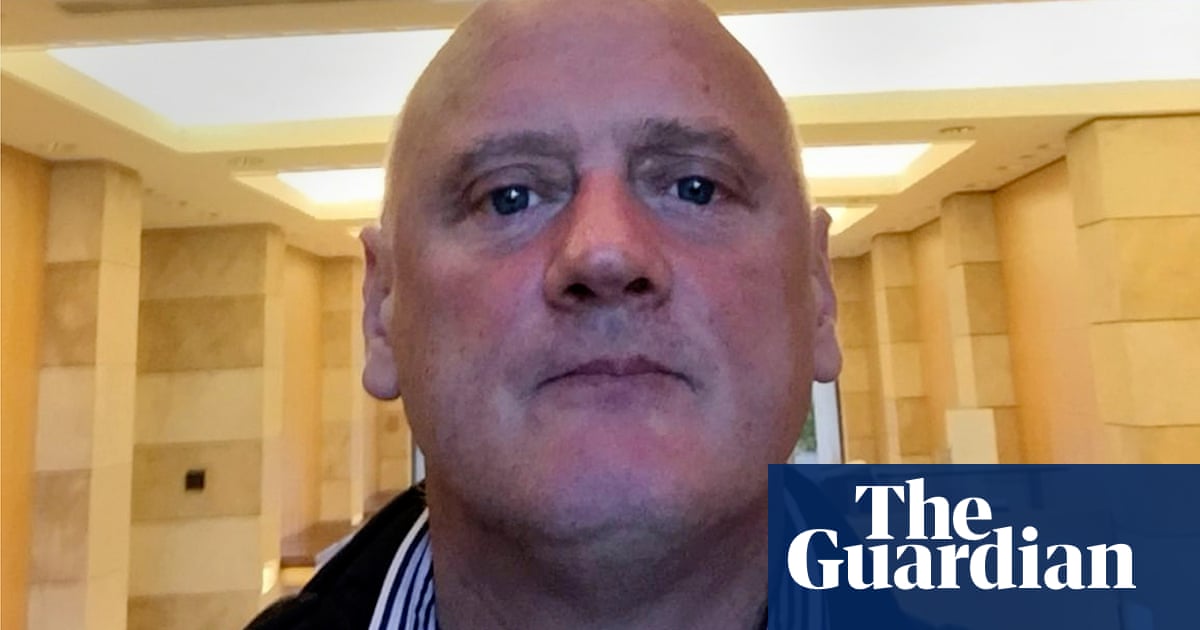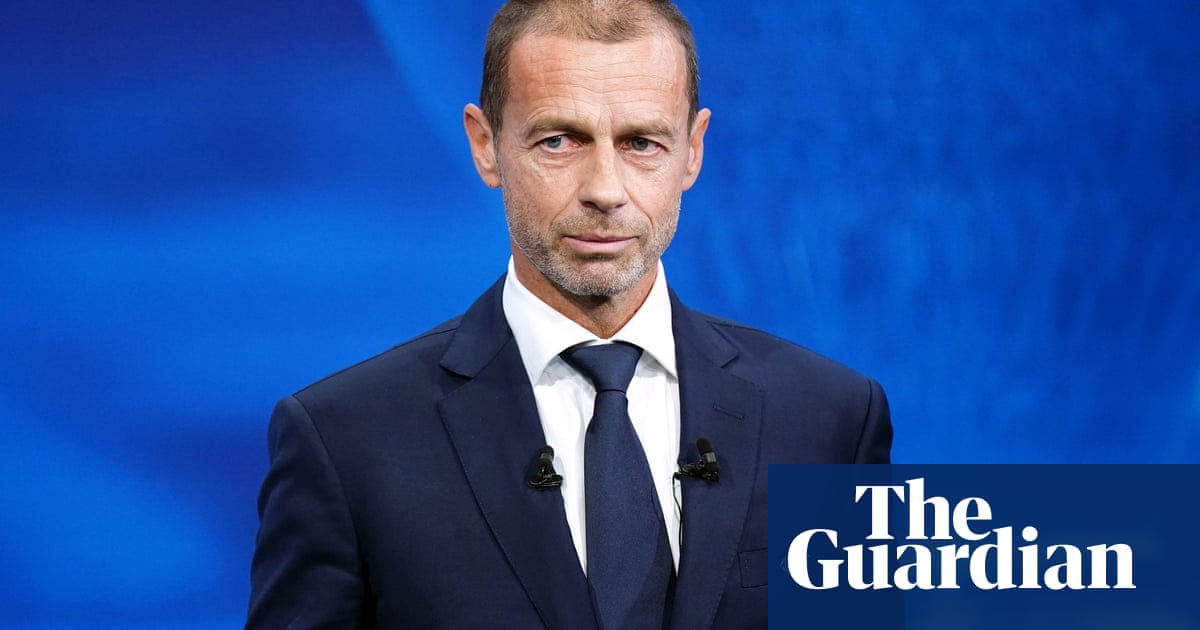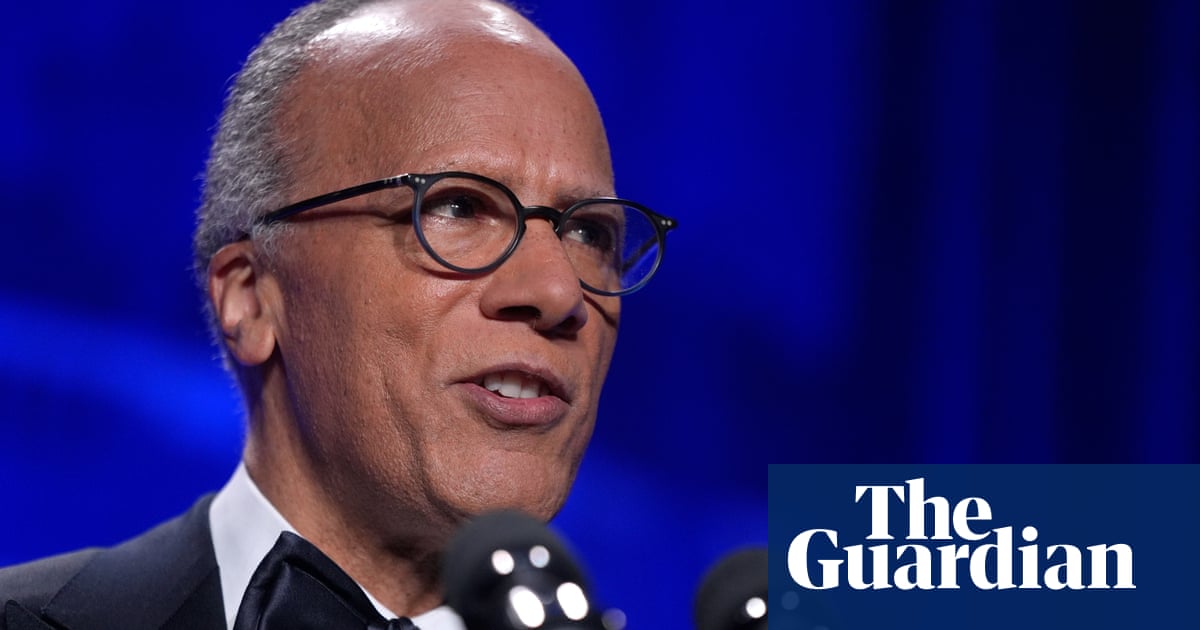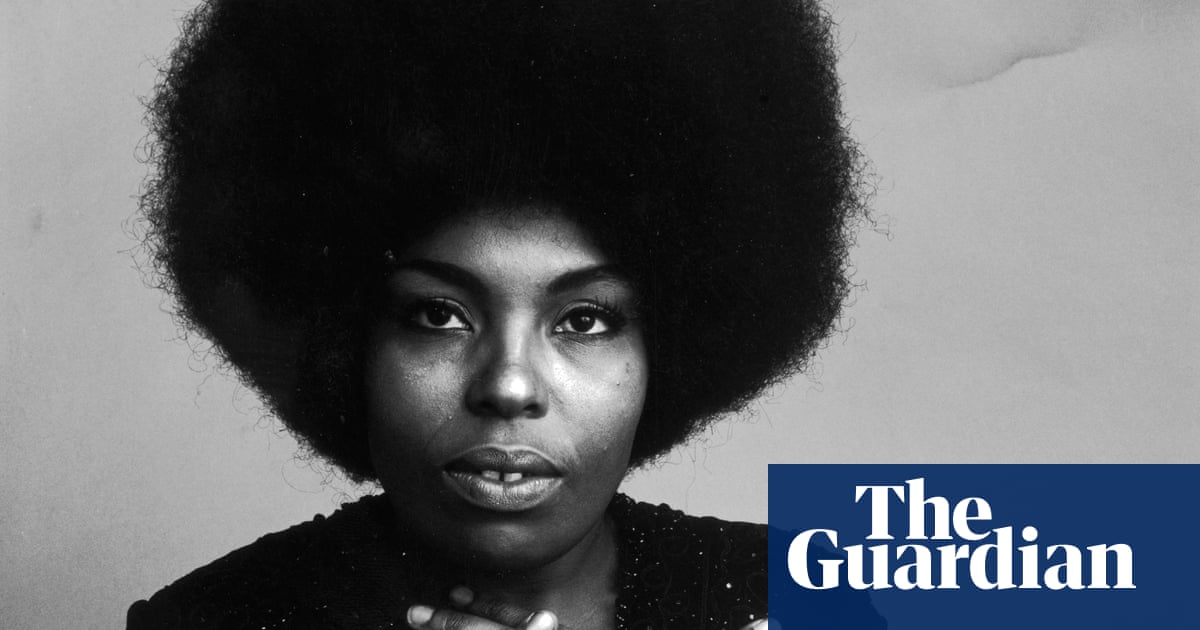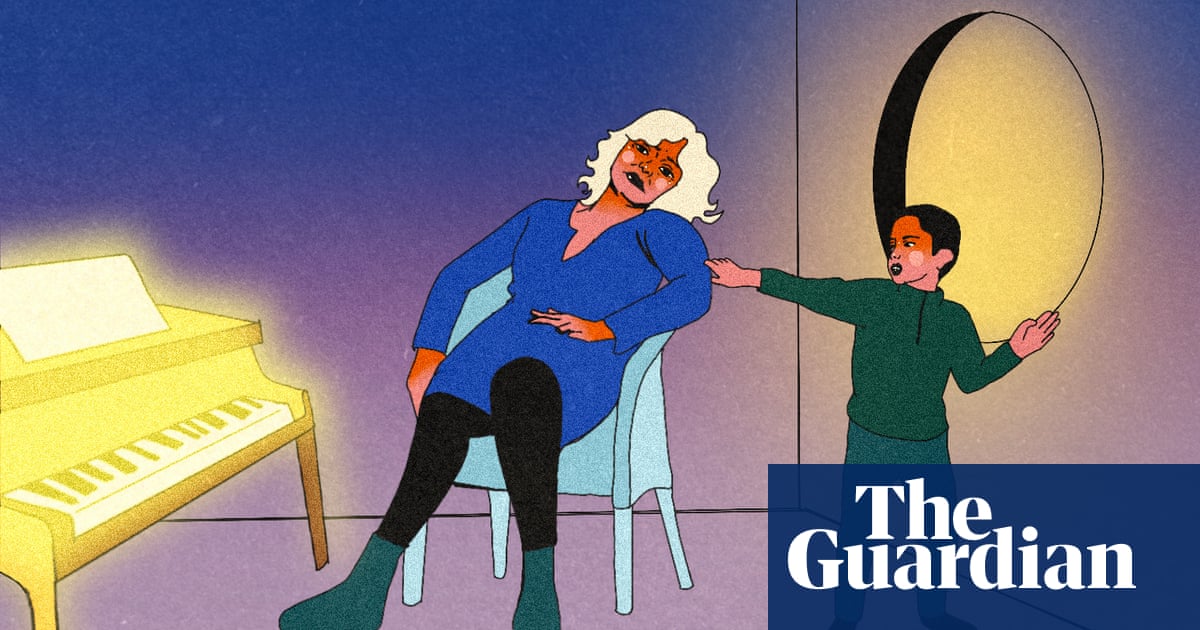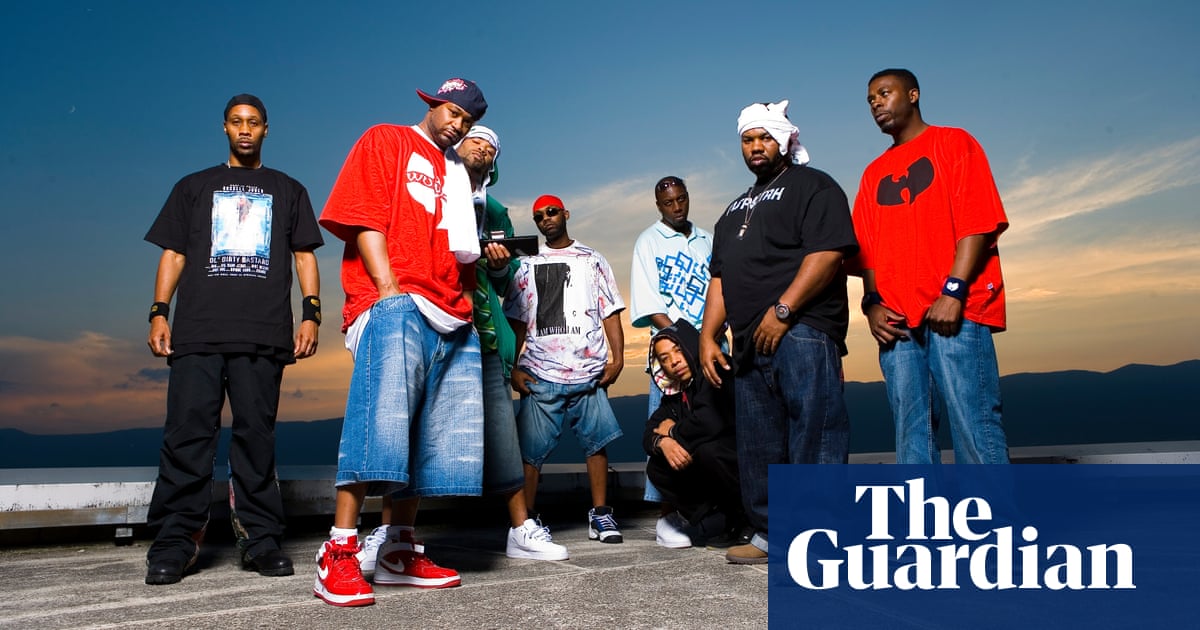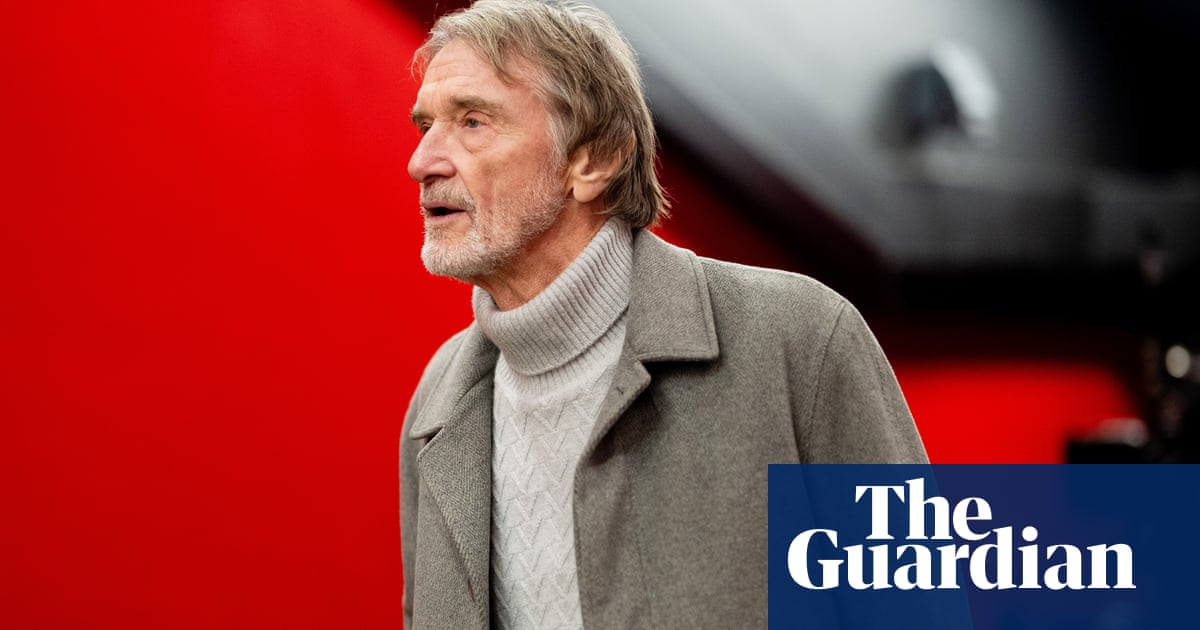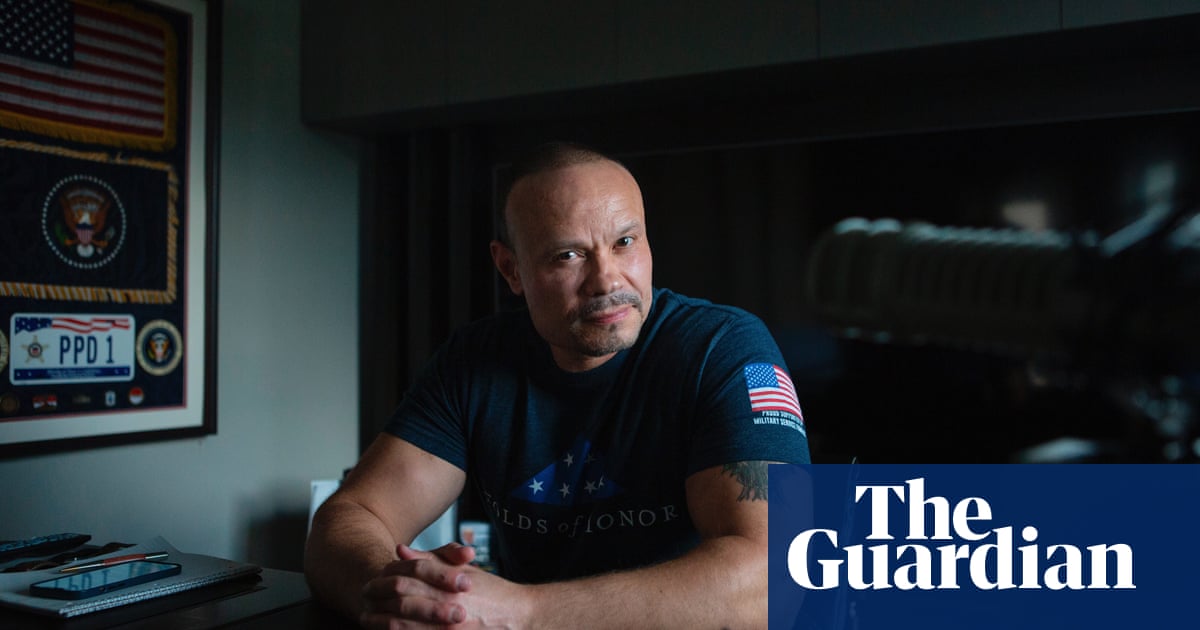Benjamin Netanyahu has arrived in court in Tel Aviv to give evidence in his long-running corruption trial, becoming the first sitting Israeli prime minister to take the stand as a criminal defendant.
The rightwing populist politician, who is also wanted under an international warrant issued by the ICC for alleged war crimes in Gaza, has long tried to avoid this day, despite insisting on Monday night in a taped video address that he welcomed the opportunity to give evidence.
His appearance in a small, stuffy and crowded courtroom follows last-minute efforts by his political allies in the Knesset to put off the court date, citing clashes over voting, as well as the invocation of the “security situation” in Israel.
Wearing a blue suit and white shirt, with a flag of Israel on one lapel and the yellow ribbon symbol of Israel’s hostages in Gaza on the other, Netanyahu appeared serious and somewhat haggard, shaking hands with the ministers and MPs who had come to support him as he arrived.
In his opening speech, his defence attorney, Amit Hadad, criticised the indictment against his client, saying: “The Israeli police did not investigate a crime, but a person.”
Netanyahu is charged with fraud, breach of trust and accepting bribes in three separate cases. He is accused of accepting tens of thousands of dollars’ worth of cigars and champagne from a billionaire Hollywood producer in exchange for assisting him with personal and business interests, and of promoting advantageous regulation for media moguls in exchange for favourable coverage of himself and his family.
The 75-year-old denies wrongdoing, saying the charges are a witch-hunt orchestrated by a hostile media and a biased legal system out to topple his lengthy rule.
The appearance is an embarrassing milestone for a leader who has tried to cultivate an image as a sophisticated and respected statesman, while also making high-profile attempts to sideline Israel’s independent judiciary.
“Eight years I’ve waited for this day. Eight years I have waited to present the truth. Eight years I am waiting to knock down once and for all these deluded and absurd charges against me,” Netanyahu said defiantly on the eve of his testimony. “These investigations were born of sin. There was no offence, so they found an offence.”
Dozens of people gathered outside the court in Tel Aviv, some protesting against Netanyahu, including family members of hostages held in Gaza, and also a group of his supporters. A banner draped in front of the court read: “Crime Minister.”
Under Israeli law, indicted prime ministers are not required to step down. Nevertheless, the charges against Netanyahu have exposed deep divisions in Israel. Protesters demanded he resign and former political allies refused to serve in his government, triggering a political crisis that led to five elections in less than four years beginning in 2019.
The testimony, due to take place for six hours a day, three days a week for several weeks, will take up a significant chunk of Netanyahu’s working hours, prompting critics to ask if he can capably manage a country embroiled in a war on one front, containing the fallout from a second, and keeping tabs on other potential regional threats, including from Iran or the recent fall of Bashar al-Assad in Syria.
An Israeli court rejected a request by Netanyahu’s lawyers to reduce the expected testimony hours, as well as several other requests to delay the start of the testimony, which they said were necessary because of the prime minister’s busy schedule and the country’s significant challenges.

 2 months ago
37
2 months ago
37



